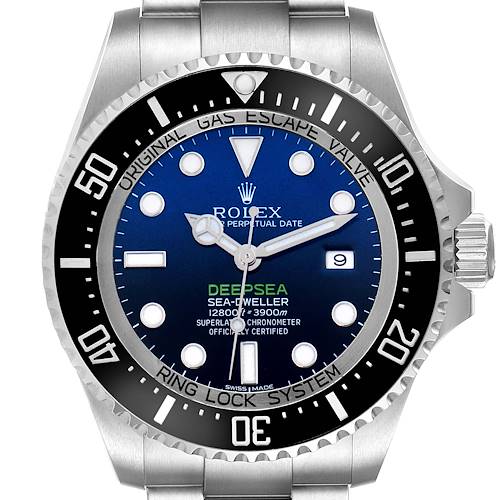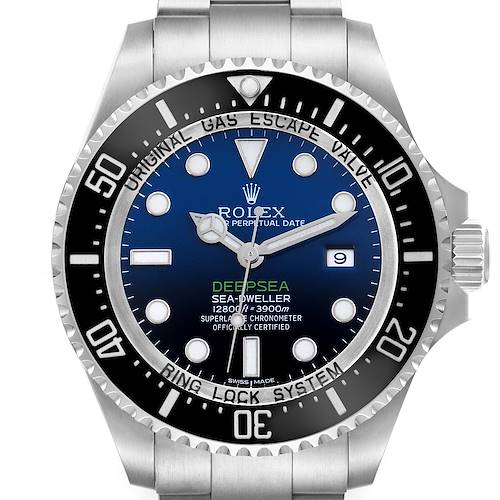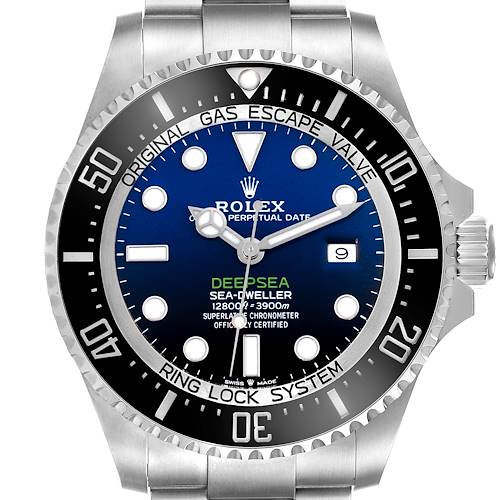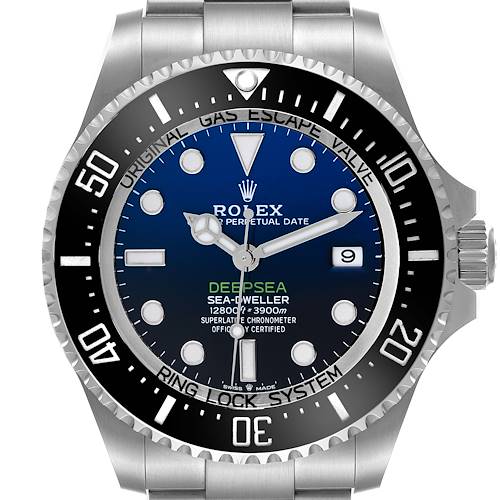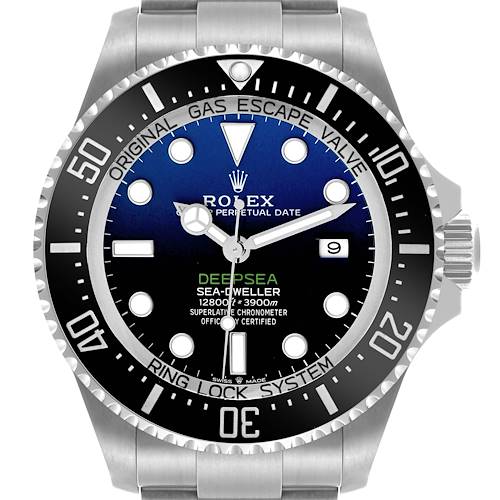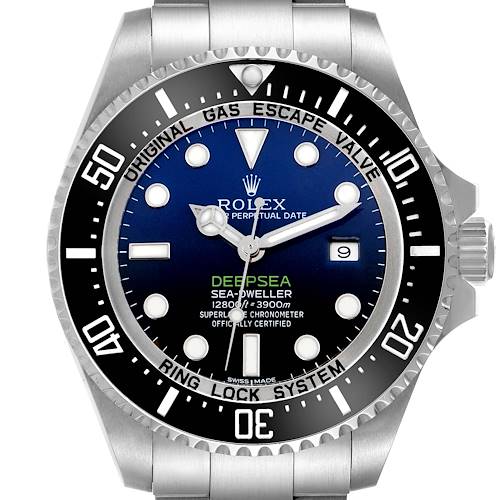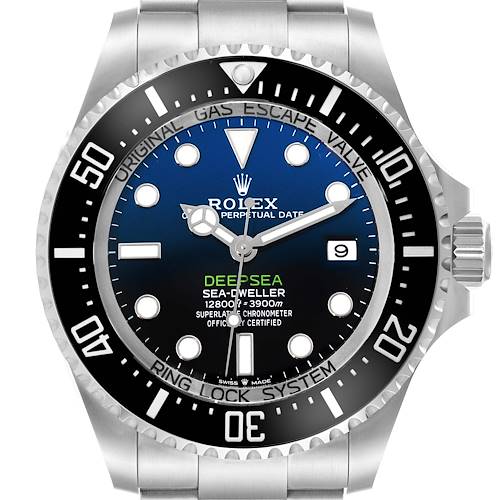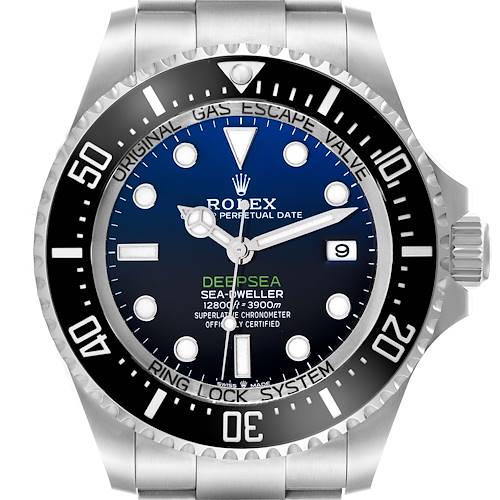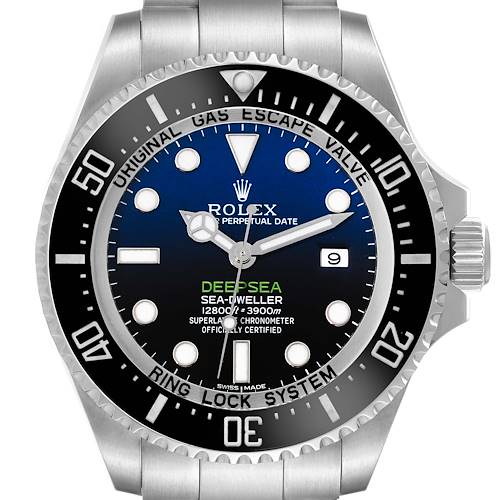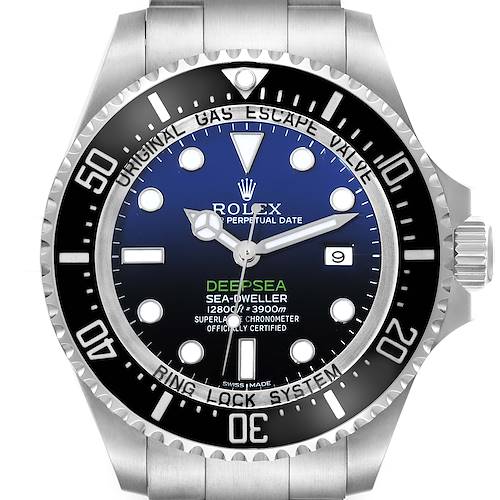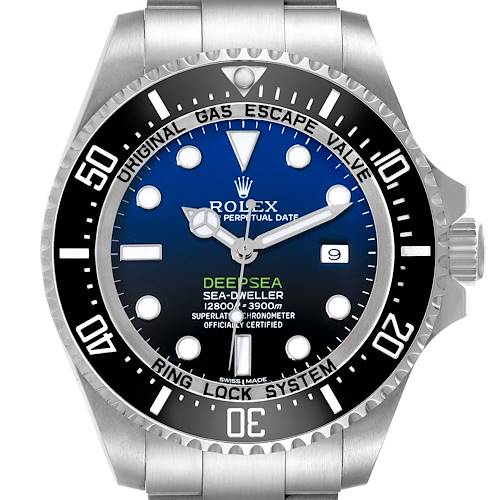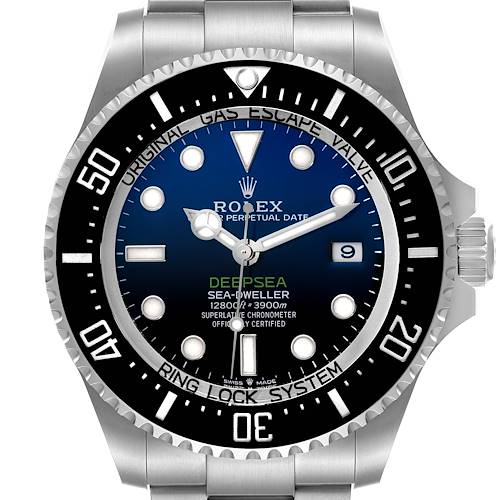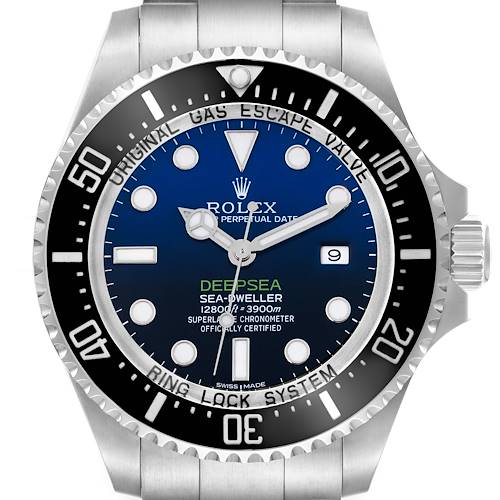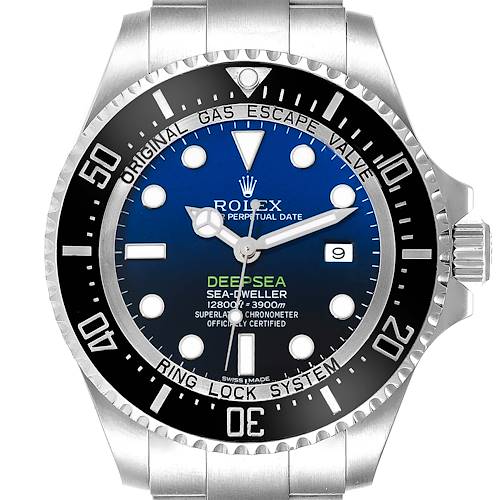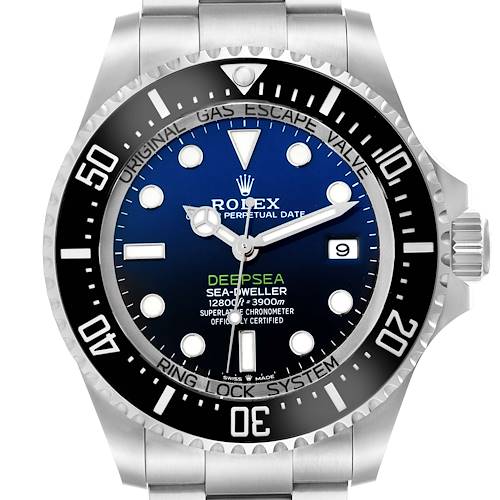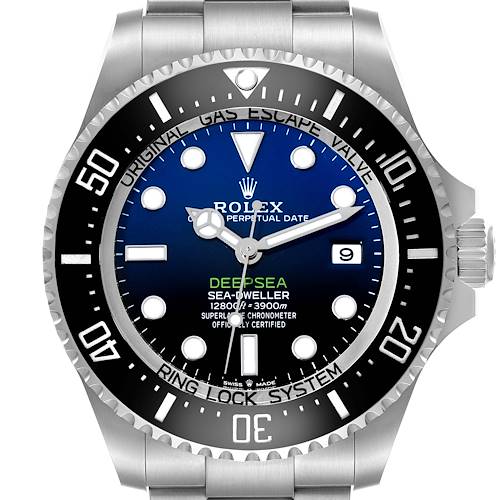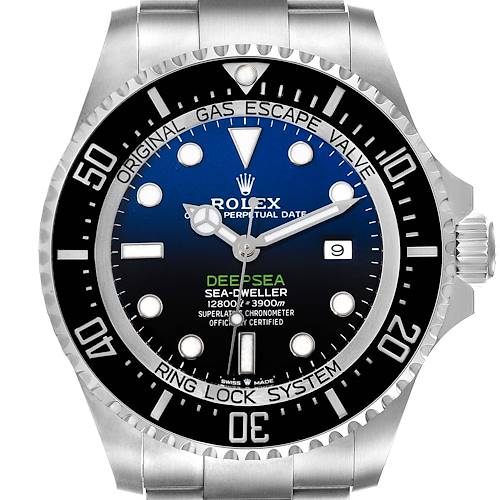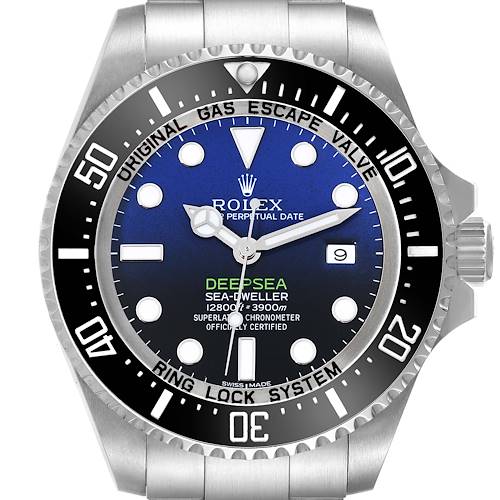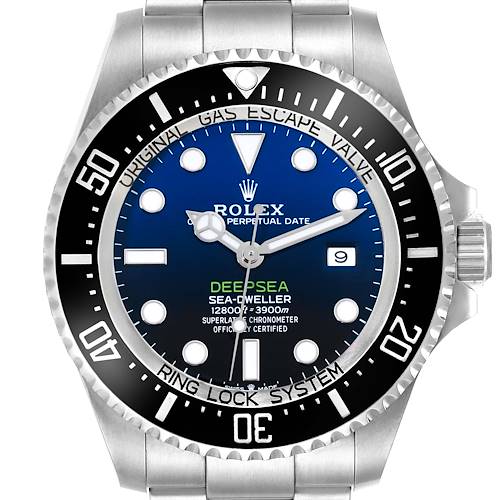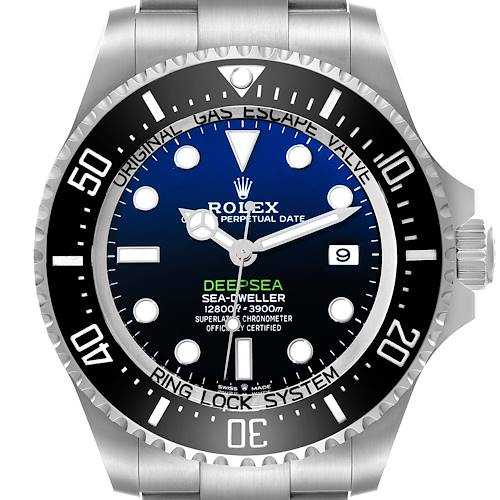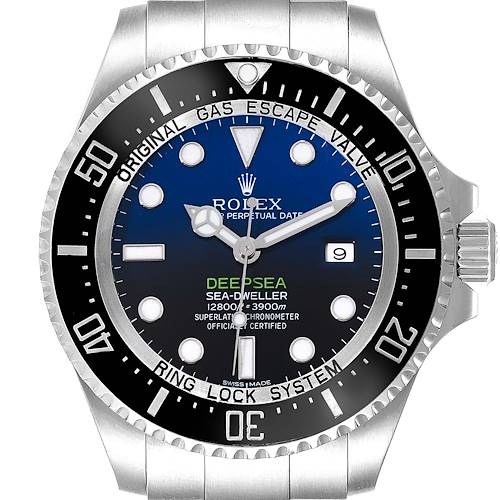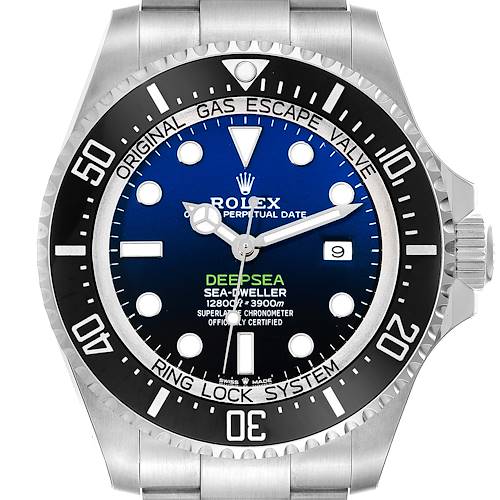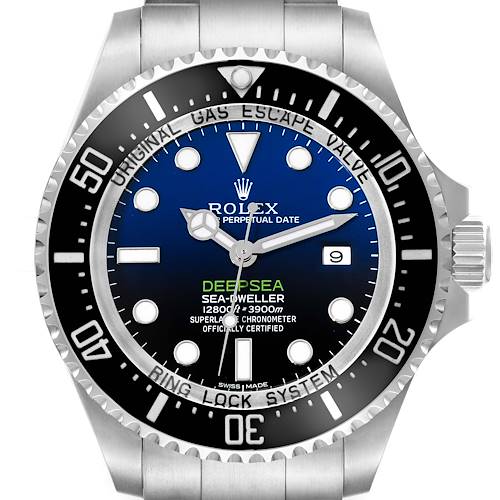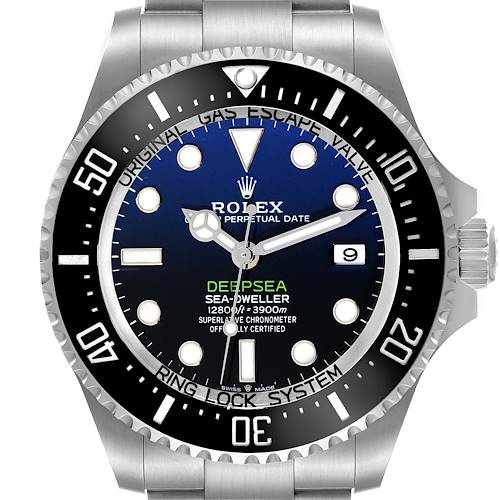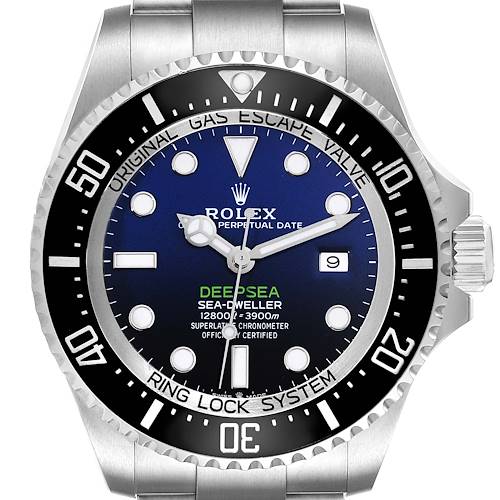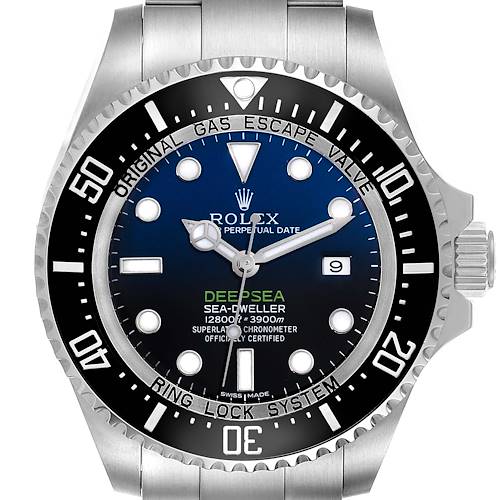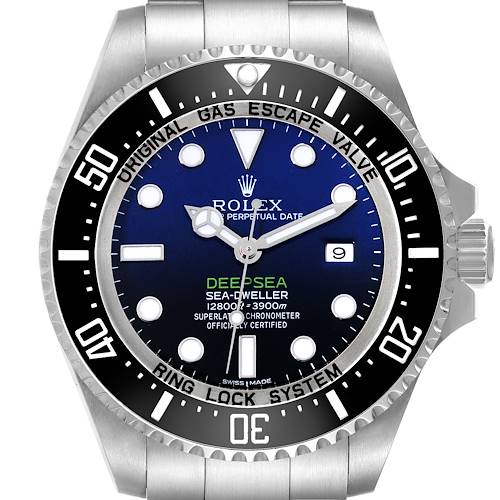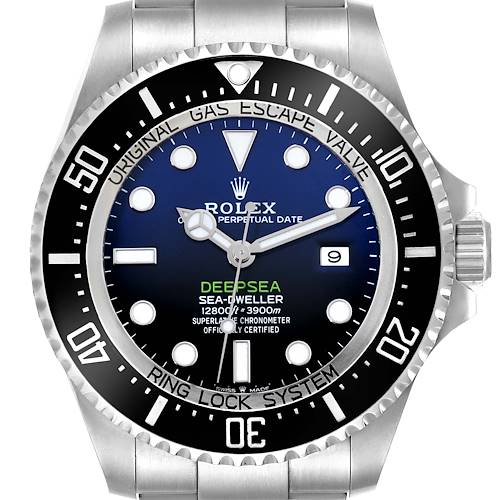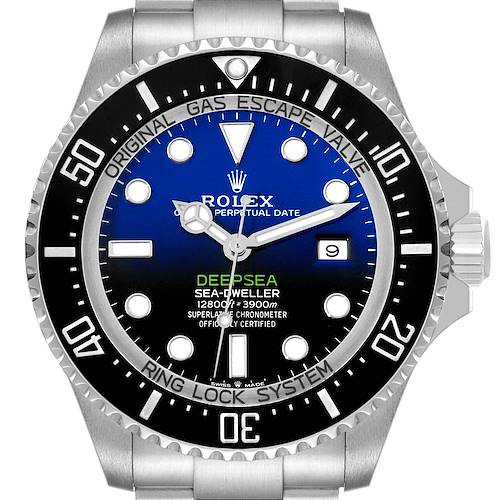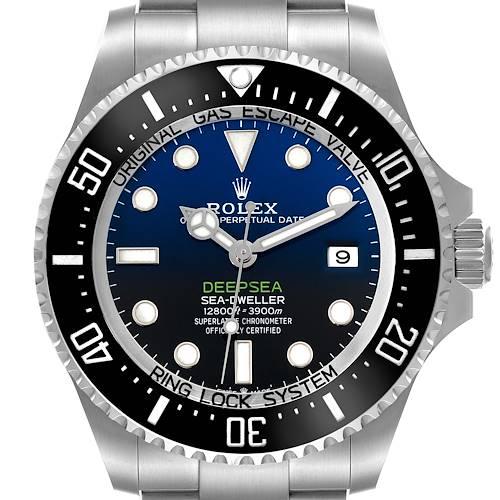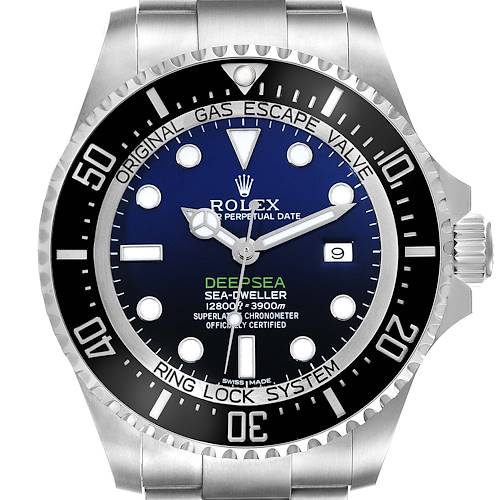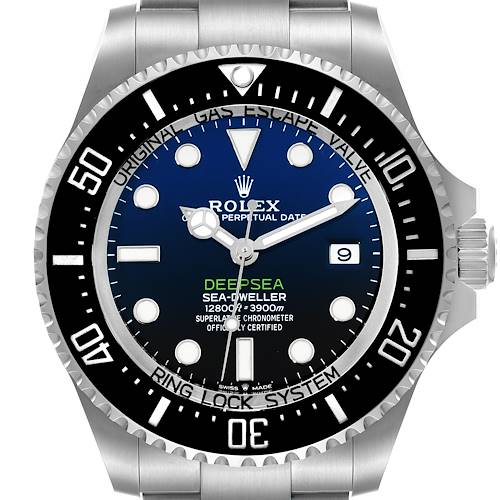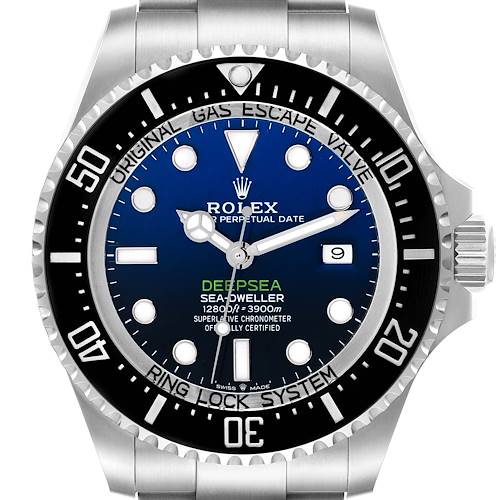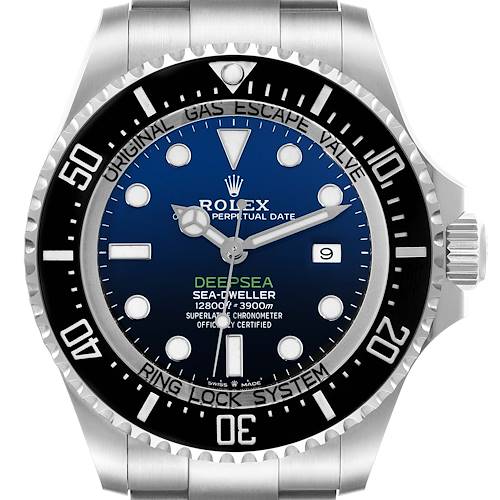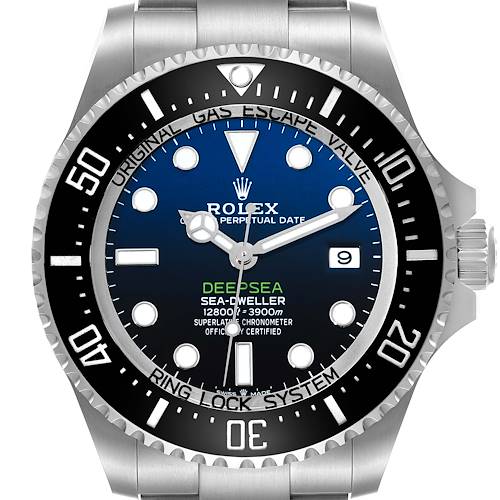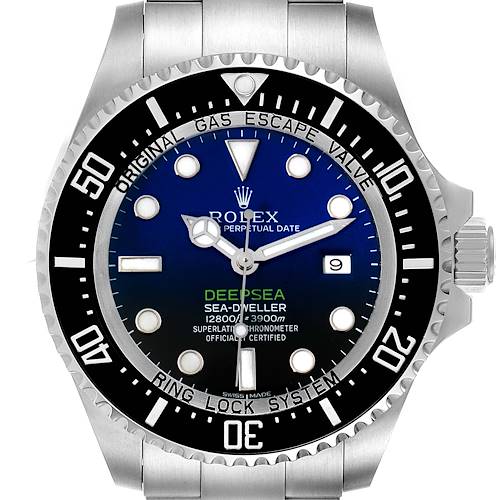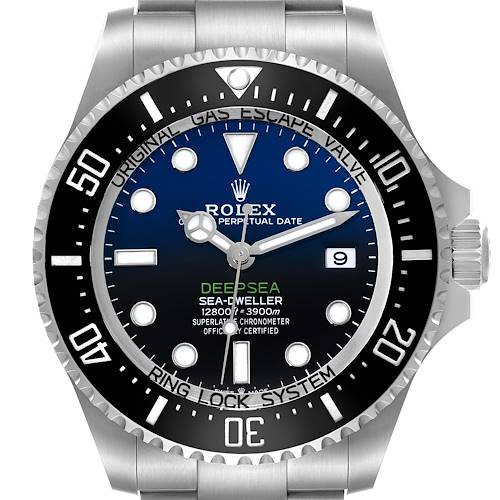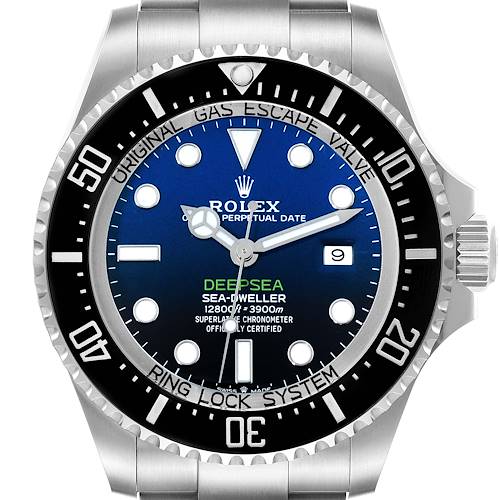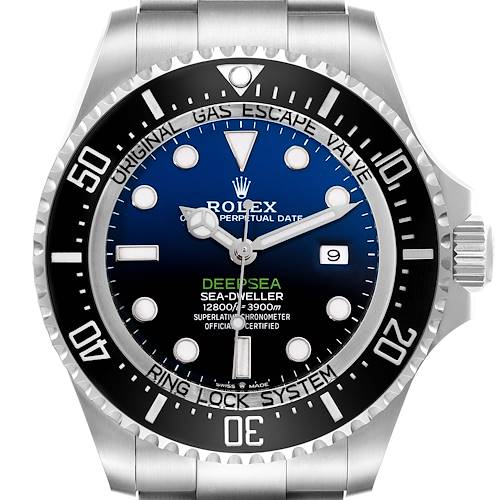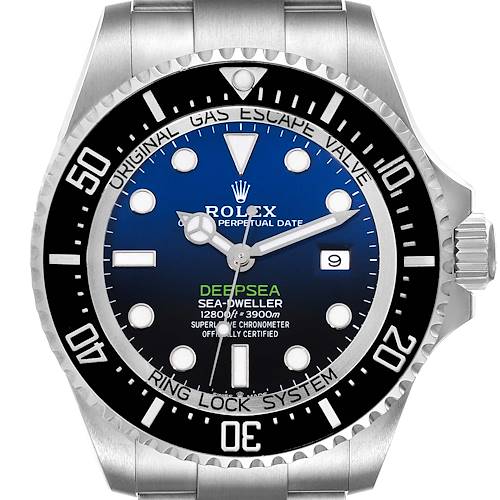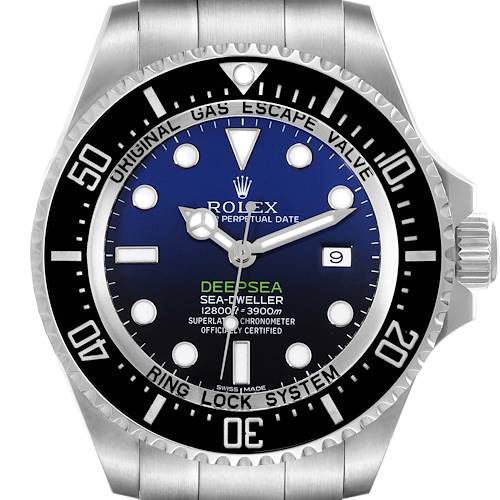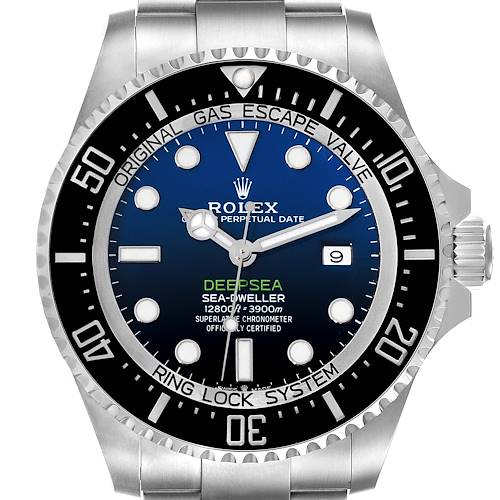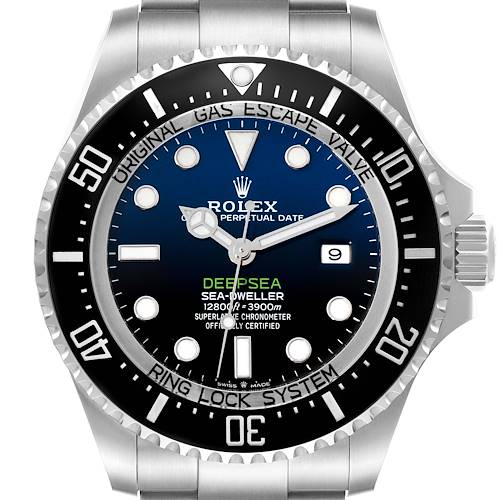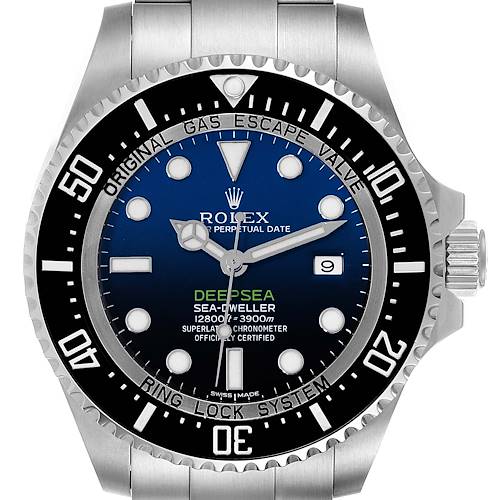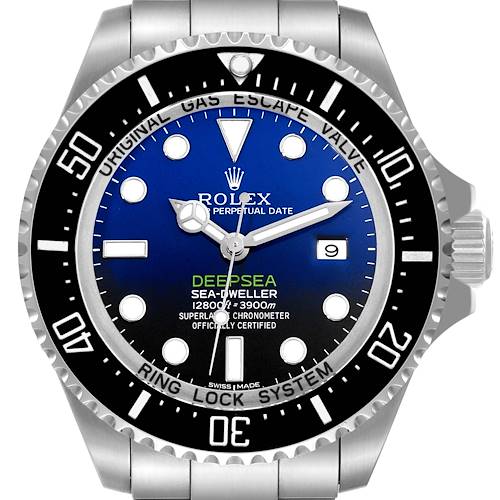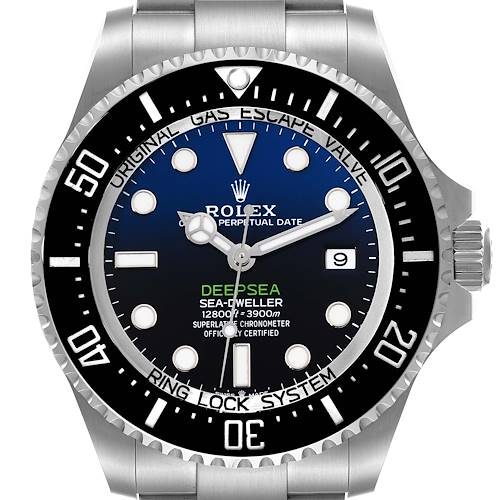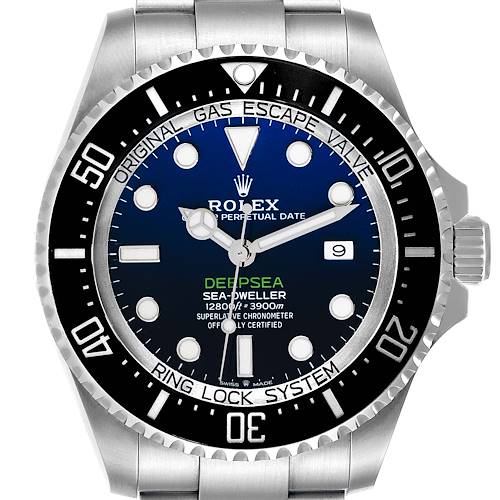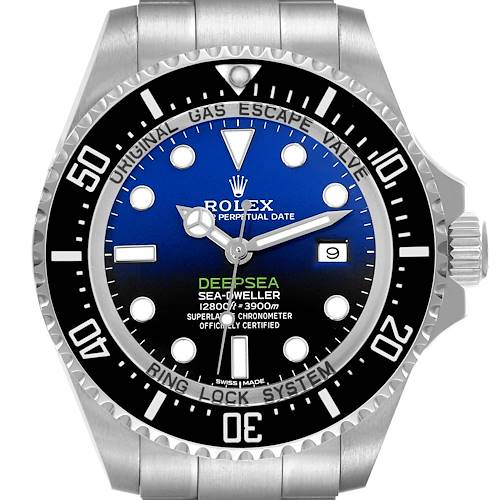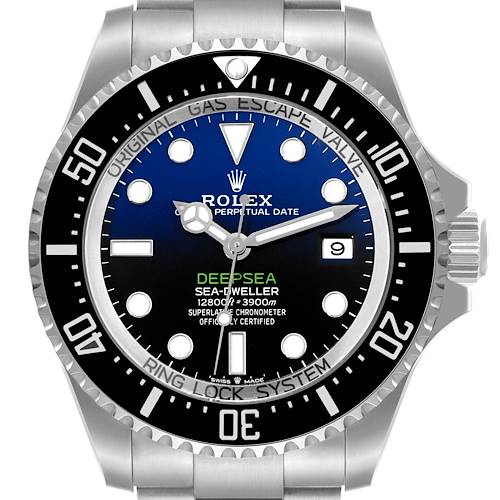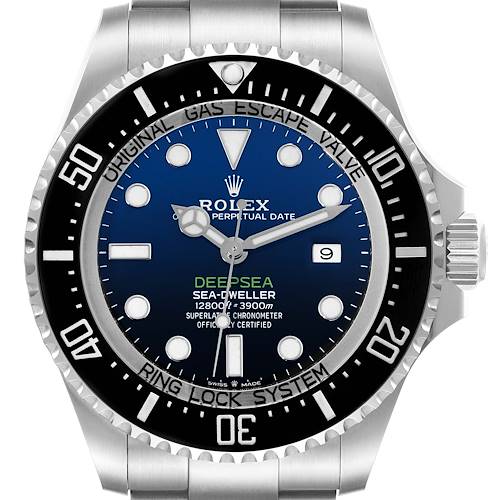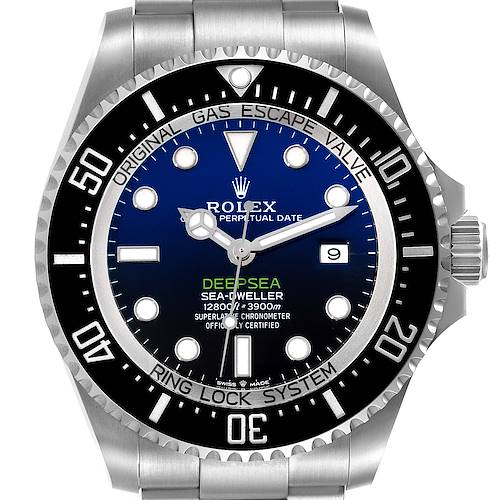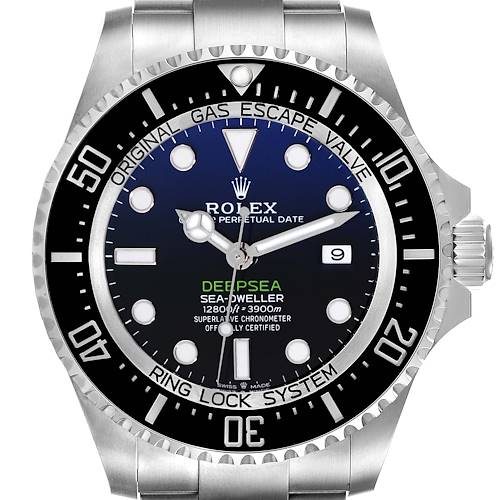- CALL US (404) 814-1814
- LIVE SUPPORT
- EMAIL US
-
WISHLIST (0)
-
CART(0)

Rolex Sea Dweller Watches
204 MATCHES FOUND
Crafted to endure the immense pressures of the ocean's depths, Rolex Sea-Dweller watches seamlessly transition from underwater exploration to both casual and formal settings with their enduring design. With its waterproof capabilities, sturdy construction, and timeless yet highly legible design, the Sea-Dweller has become the preferred choice for saturation divers and watch collectors alike.
IN STOCK
SwissWatchExpo ARCHIVE - RECENTLY SOLD
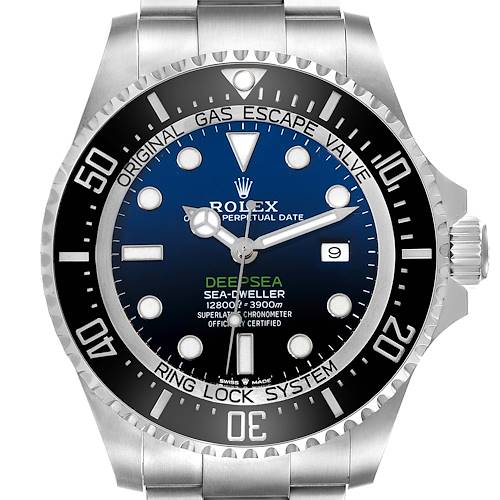
Rolex Seadweller Deepsea 44 Cameron D-Blue Steel Mens Watch 126660 Box Card
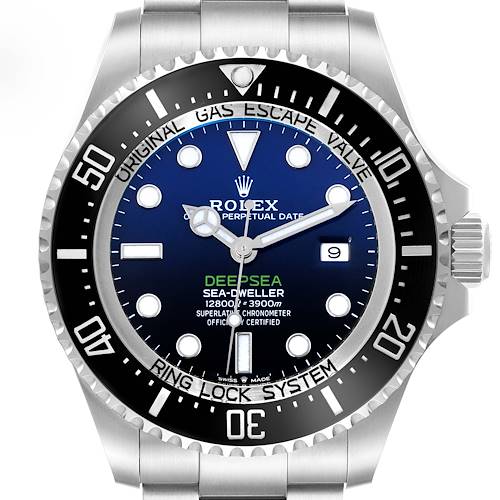
Rolex Seadweller Deepsea 44 Cameron D-Blue Steel Mens Watch 126660 Box Card
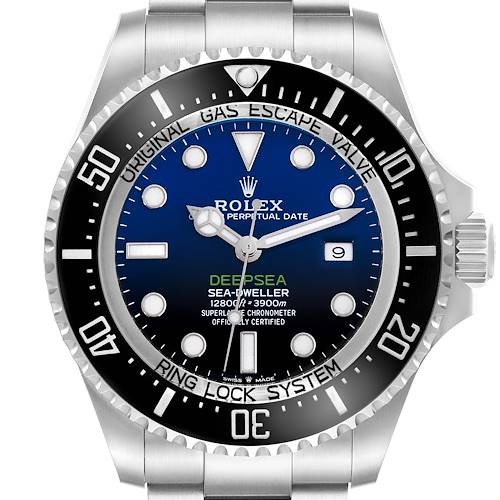
Rolex Seadweller Deepsea 44 Cameron D-Blue Steel Mens Watch 126660 Box Card
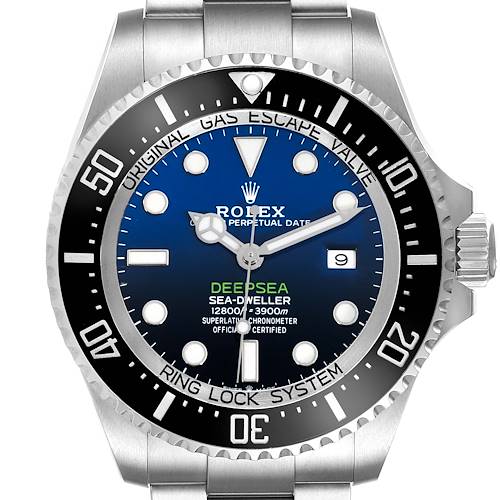
Rolex Seadweller Deepsea 44 Cameron D-Blue Steel Mens Watch 126660 Box Card
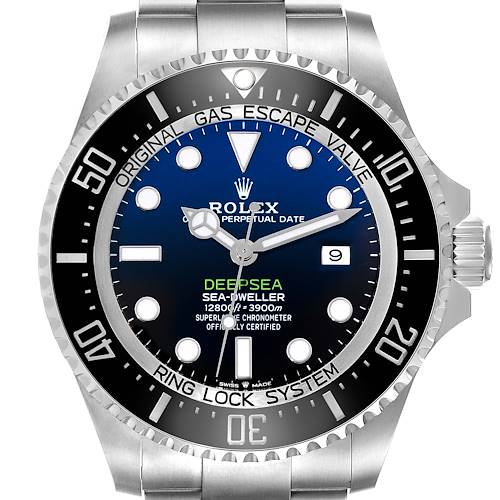
Rolex Seadweller Deepsea 44 Cameron D-Blue Steel Mens Watch 126660 Box Card
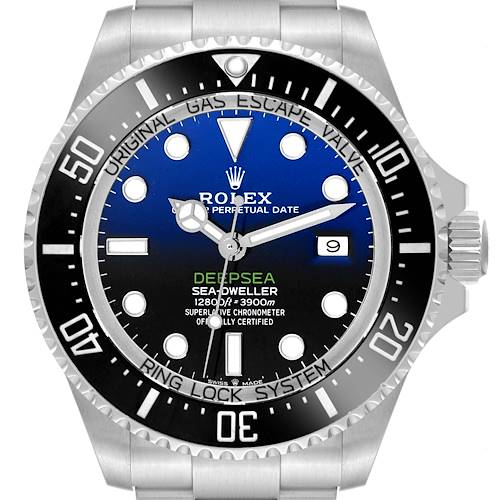
Rolex Seadweller Deepsea 44 Cameron D-Blue Steel Mens Watch 126660 Box Card
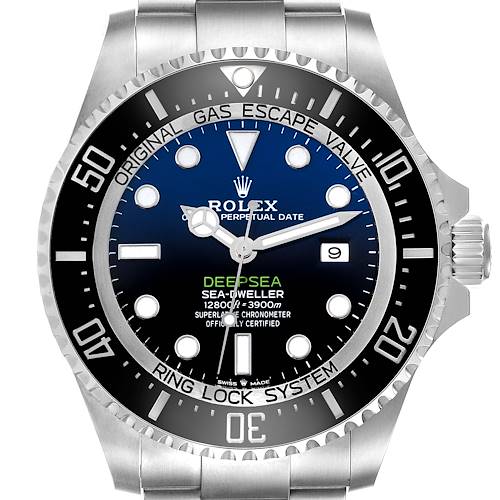
Rolex Seadweller Deepsea 44 Cameron D-Blue Steel Mens Watch 126660 Box Card
The Rolex Sea-Dweller symbolizes the brand's mastery of the deep, serving as a steadfast companion for saturation divers as they courageously explore the ocean's depths.
With the growing popularity of scuba diving and sea exploration in the 1960s, there arose a demand for a timepiece capable of enduring greater depths and longer saturation times. The unique conditions of saturation diving led to helium molecules seeping past the seals of divers' watches, causing the crystals to rupture. In response, Rolex engineered the Sea-Dweller with a helium gas escape valve, enabling the safe release of helium molecules from the watch. This groundbreaking feature ensured that divers could safely navigate the depths and resurface without compromising the integrity of the watch, setting a new benchmark in the industry.
Today's Sea-Dweller collection is composed of two families of watches – the Sea-Dweller, water-resistant to 4,000 feet; and the Sea-Dweller Deepsea, water-resistant to 12,800 feet. These impressive features are the result of decades of collaboration with diving professionals, and proof of Rolex's leadership in diver's watches.
Equipped with its waterproof capabilities, robust construction, and timeless yet highly legible design, the Sea-Dweller remains the favored choice of professionals and collectors alike for exploring the deep.
How to Sell My Rolex Sea-Dweller
Sell or trade-in your Rolex Sea-Dweller for the best price with SwissWatchExpo. SwissWatchExpo makes it easy to sell or trade in your used or pre-owned Rolex Sea-Dweller to keep your luxury watch collection fresh!
Frequently Asked Questions
What Is A Rolex Sea-dweller?
The Rolex Sea-Dweller is a collection of ultra-resistant watches designed for saturation diving. It was created by Rolex in 1967 to meet the new challenges of deep-sea exploration. The unique conditions of saturation diving caused the crystals of watches to pop, due to the tiny helium molecules that would get trapped inside the timepiece. To solve this problem, the Sea-Dweller was equipped with a helium escape valve, which allowed trapped helium molecules to safely discharge from the watch.
How Will I Know If My Rolex Sea-dweller Is Genuine?
Rolex watches are made with the finest materials and with exacting standards, to guarantee both its performance and aesthetics. If you see any sign of imperfection on the watch, such as unfinished or uneven surfaces, wrong engravings and markings, or misspelled or blurred text, it is likely a counterfeit.
Due to the Rolex Sea-Dweller's long history, what to look for when authenticating the watch will differ from one reference to the next. We always advise clients to do research beforehand, so you can check if the details of the watch are aligned with the model's supposed features. One of the best ways to avoid counterfeit watches is to “buy the seller”. Purchase only from a reputable and trusted dealer, such as SwissWatchExpo, who can provide a guarantee of authenticity on the watch.


